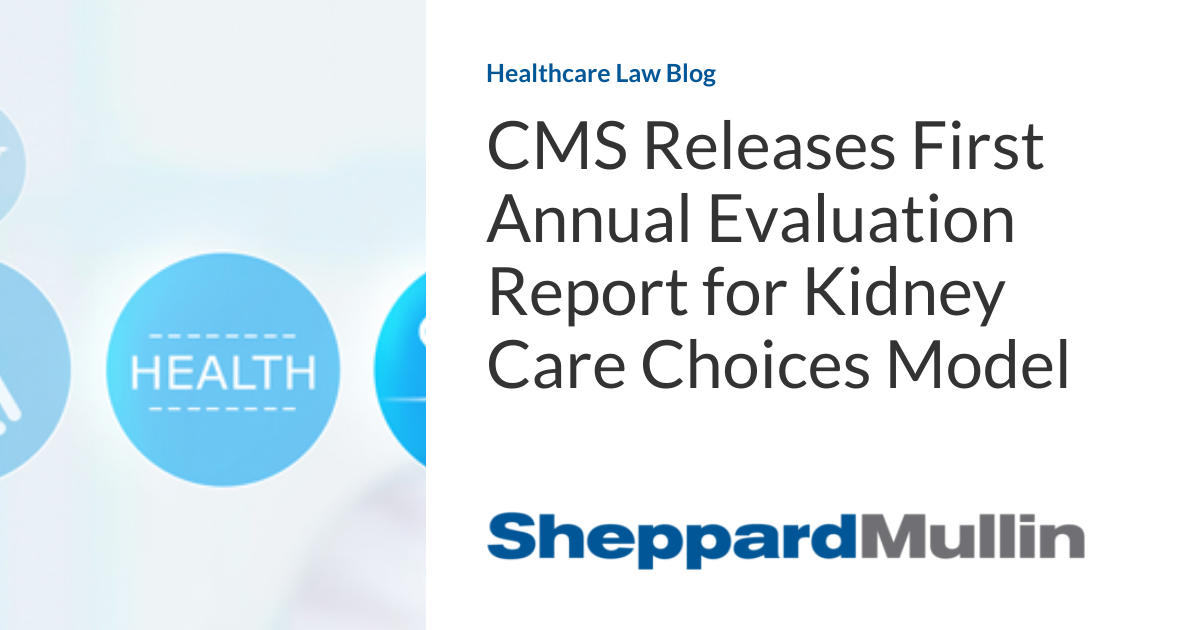The U.S. has long had a shortage of physicians in various practice areas. The shortage is even more pronounced in rural areas. International medical graduates (IMG’s) who come to the U.S. to complete a residency in a specialty area primarily come to the U.S. on J-1 visas. By statute, any physician who enters the U.S. on a J-1 must return home for 2 years before applying for H-1B status or permanent residency.
In an effort to address this issue, Congress passed the Conrad 30 bill in 1994. This granted each state and the District of Columbia 30 spots to have physicians serve in medically underserved areas for 3 years, focusing on primary care needs in those areas. In turn, this allows the IMG to waive their two-year home residency requirement under their J-1 visa.
Brief Summary of the Conrad 30 Rules
Most states open the application process on October 1 of each year. Some states have an earlier application window that starts in September. A few programs have open application windows that are year round. In the majority of state programs, there is a submission window for the applications to be submitted by a given date. If those programs still have open spots, the window is extended.
Employers are required to prepare applications that vary state by state. These applications require employers to enter into a contract with the physician to cover the three year period of employment. The application provides information to the state Conrad 30 program on how the medically underserved area’s needs will be met, the credentials and background of the physician coming to serve the area, and that the employer and physician agree to the terms of the Conrad 30 program.
Physicians are required to provide full-time clinical care in medically underserved areas in H-1B status. Some programs define that as 40 hours of clinical care, while other programs take into consideration administrative work as part of the clinical care in the medically underserved area. Once a physician has completed their three years of service, their two-year home residency requirement from their prior J-1 status is waived. This allows the physician to continue working in the U.S., and eventually get a green card in the future.
Practice Pointers
Employers and physicians engaged in this process should be gathering early documents and information related to the needs of the medically underserved area.
Employers are required to show patient census information that demonstrates the care provided to those who are low-income and in need of services. Employers also need to show the number of physicians they have, or lack thereof, to demonstrate how employing this physician is going to meet the needs of patients in the area. In some programs, employers will need recommendation letters from local government authorities to support the physician being sponsored.
Physicians need to have all of their immigration documents organized for this process, including the DS-2019 forms, education documents, ECFMG certificate showing the passage of USMLE exams, and current passport. The physician also needs to start the licensure process, as most state programs want to see this process is underway so the physician will have their full medical license upon issuance of H-1B status by USCIS. The physician also needs to file the DS-3035 with the US Department of State (DOS), as that case number is required on the Conrad 30 program application pages, and DOS also has a role in granting the J-1 waiver once the Conrad 30 program has made their recommendation to grant the waiver.
Conclusion
With the Conrad 30 program submission process starting up, it is important to identify who needs immigration sponsorship under these programs and begin working on gathering what is needed for the application process. As many states have short windows to file the applications, working with experienced counsel will ensure the application is submitted timely and a spot can be locked up for the coming year. Working closely with counsel is essential to hurdling these tight deadlines and the burdensome application process.
















